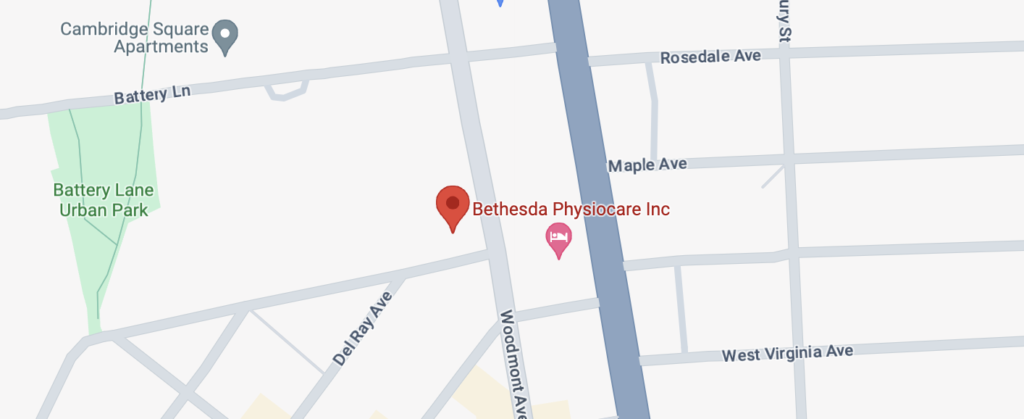 Signs, Symptoms, and Treatment for Dysautonomia
Signs, Symptoms, and Treatment for Dysautonomia
Dysautonomia refers to a group of medical conditions caused by problems of the autonomic
nervous system (ANS). The ANS regulates involuntary bodily functions such as heart rate,
breathing, and digestion. People living with dysautonomia may have trouble regulating these
systems. They may experience lightheadedness, fainting, blood pressure fluctuations, abnormal
heart rate, and many other symptoms.
Dysautonomia is unpredictable. Symptoms may be present often or could disappear for months
or years before returning. Many patients may see many practitioners without a proper
diagnosis.
A common symptom of dysautonomia is orthostatic intolerance with increased heart rate,
(known as POTS). If someone has POTS, changing positions, especially from lying or sitting to
standing may cause a change in heart rate and/or dizziness. Although there is not a cure for
POTS, some treatment and lifestyle changes may help. One of the most important elements in
managing the plan of care is exercise.
It is often difficult for someone with dysautonomia to begin regular exercise and movement on
their own. They have learned to avoid certain movements and postures to manage their
symptoms. Patients are advised to seek care from a physiotherapist who is skilled in working
with dysautonomia/EDS. A physiotherapist will help strategically guide and educate patients as
they begin treatment. Those with Ehlers-Danlos syndrome (EDS) are commonly affected by
dysautonomia.
When a patient with dysautonomia begins gentle exercise, initially they may feel worse, but this is normal. The human body was designed to move and eventually will adapt. Those with severe
symptoms may only tolerate a few minutes of exercise per day as the body and cardiovascular
system acclimate. This is a slow process that requires patience and care. Studies show that
reclined aerobic exercises such as biking, rowing, and swimming have great results.
In addition to exercise, the following areas must be evaluated in a patient with dysautonomia:
-Diet and Nutrition
-Stress management
-Sleep hygiene
-Medication(s)
If you would like to learn more about dysautonomia and how our Bethesda physical therapists can help, call Bethesda Physiocare at (301) 656-5613 today.
For additional information refer to the link below from Dysautonomia International:
http://www.dysautonomiainternational.org/page.php?ID=43



